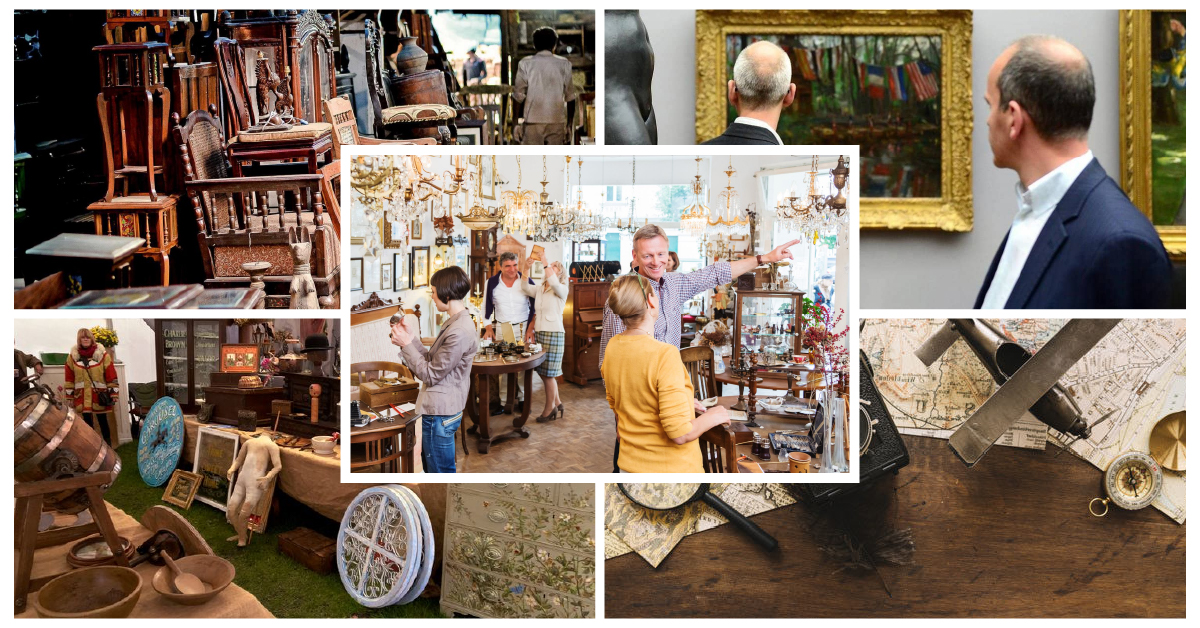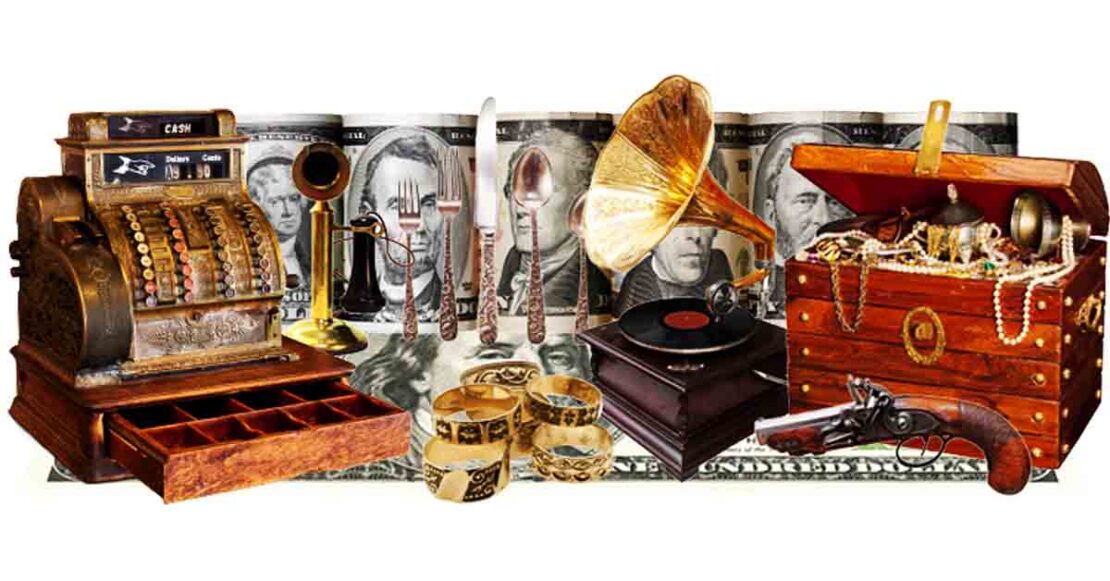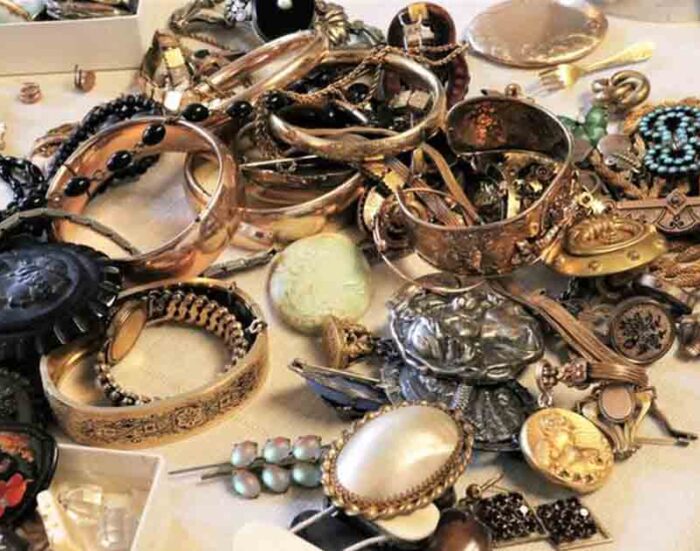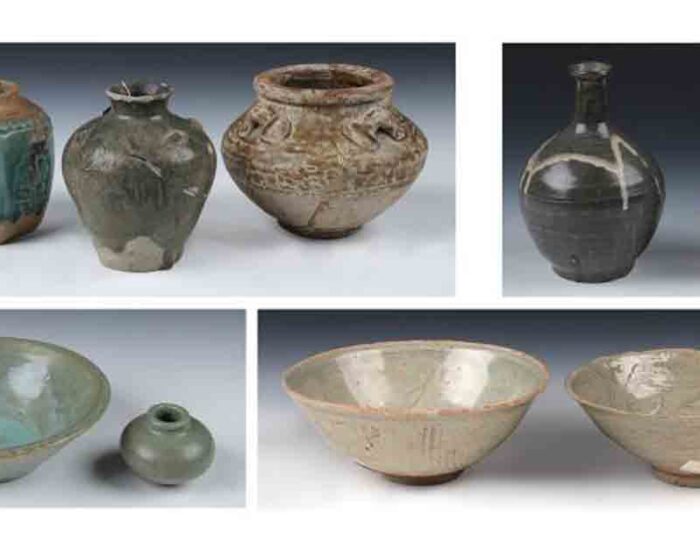How to Sell Antiques: Terrific Advice from Our Specialists
When it comes to selling antiques, the best advice comes from the antique experts. Seasoned antique buyers and sellers know how to sell antiques. Below you will find a priceless recommendations from the best of the best in the antique industry.
Get to Know Antique Buyers
As with any business, getting to know your customers is imperative. Find out what antique buyers are looking for and deliver the goods. Learn where and when they tend to make their purchases and BE THERE! Even better is to find out what antique buyers want, but have trouble finding. When the demand for a product outweighs the supply of it, you are in business!
Where to Sell Antiques
If you are wanting to sell a number of antiques retail, you can do so at a flea market, an antique market, or you can sell antiques online. If you have just one or a few antiques, you may want to take them around to various antique buyers. Compare the offers and go with the best. Keep in mind, the best price isn’t always the best deal as discussed below.

Reputable Antique Dealers
Some antique dealers will promise the moon but only deliver disappointment. Especially dealers who pop up at flea markets or online can take your item and run or may convince you that your antique isn’t worth much when, in fact, the opposite is true.
To prevent getting ripped-off, know all about the person or company you are dealing with. A reputable antique dealer will have credentials, a length of time in business, lots of verifiable references, and will be happy to provide all that information for you. A scam artist will pretend to be insulted when you ask for proof that they are a reputable antique dealer.
Selling Antiques through a Broker
Many who sell antiques go through the service of a professional broker who sells the antique item for you on your behalf. They take their cut off the selling price and give you your part. This method can take some time though. So, if you are in a rush for your cash, you may not want to use a broker.
Generally, brokers are able to get more for their wares, so the price you get is about the same as you would get selling it on your own. This type of selling eliminates some huge risks you’ll encounter when selling on your own and saves you time and effort as well. Still, you’ll need to make sure you go through a reputable broker or you could end up losing all.
Sell Antiques Online
There are a myriad of spots to sell antiques online. You can do a Google search for antique buyers and check each one out until you find someone who is reputable with lots of references. You can also sell your antiques through platforms like Ebay, Etsy, and Craigslist. Keep in mind that some online resale sites charge a listing and/or post-sale fee. Most require you to pay shipping or for you to charge your customer for shipping. Some, like Craigslist, may even have you meet your customer which can pose risk and danger. Many antique sellers go these routes, just be aware of all that’s involved before you commit.
Selling antiques is a profitable, yet tricky business. Antiques hold sentimental value as well as cash value so proceed with care. Whether you are looking to make a one-time, one-item sell, or are wanting to make it a business, you’ll want to take the above suggestions to heart for they are priceless.




